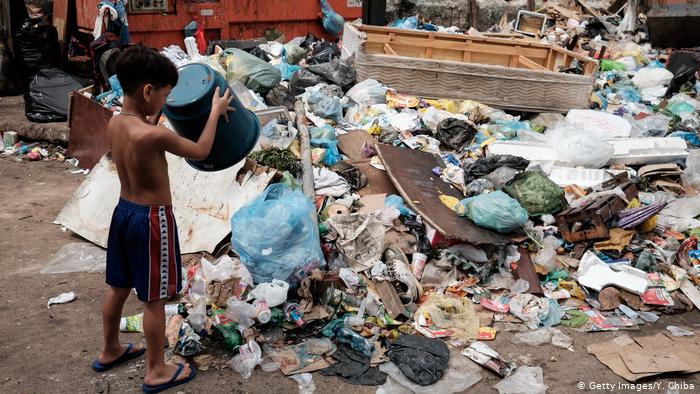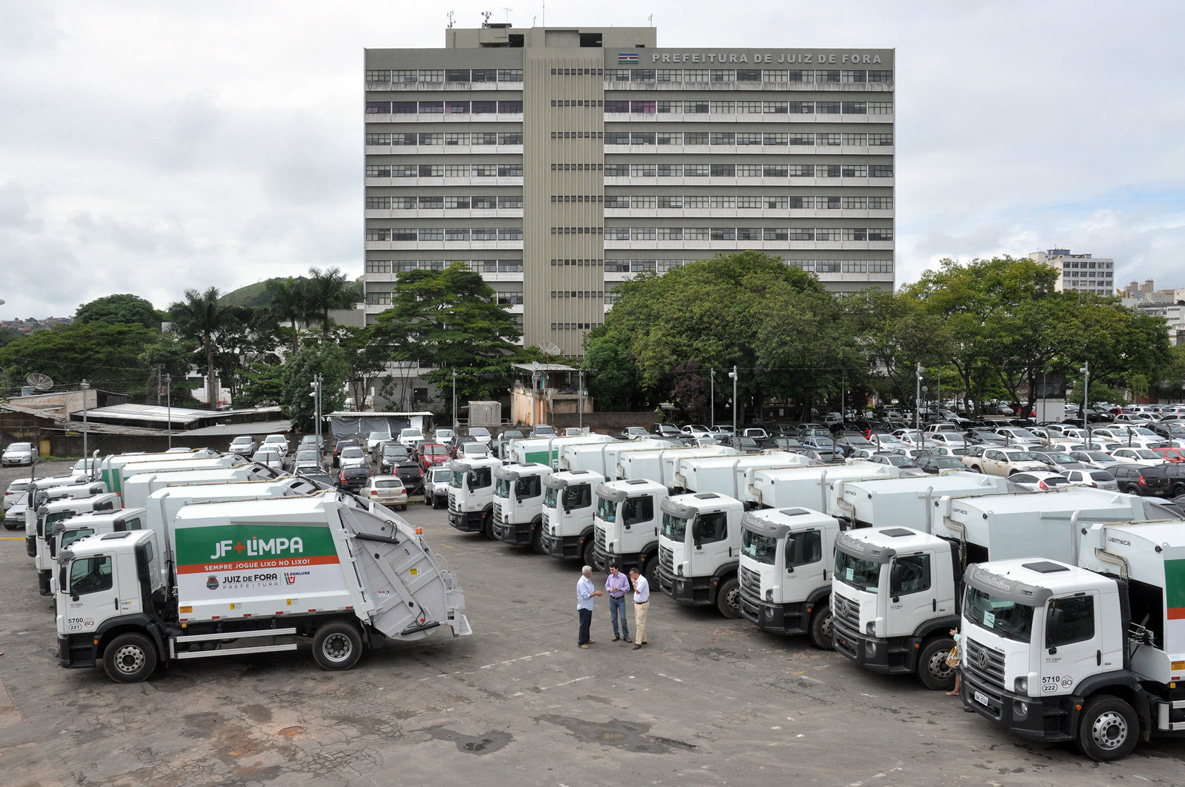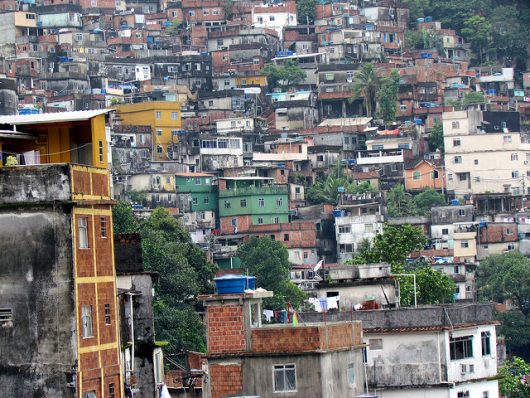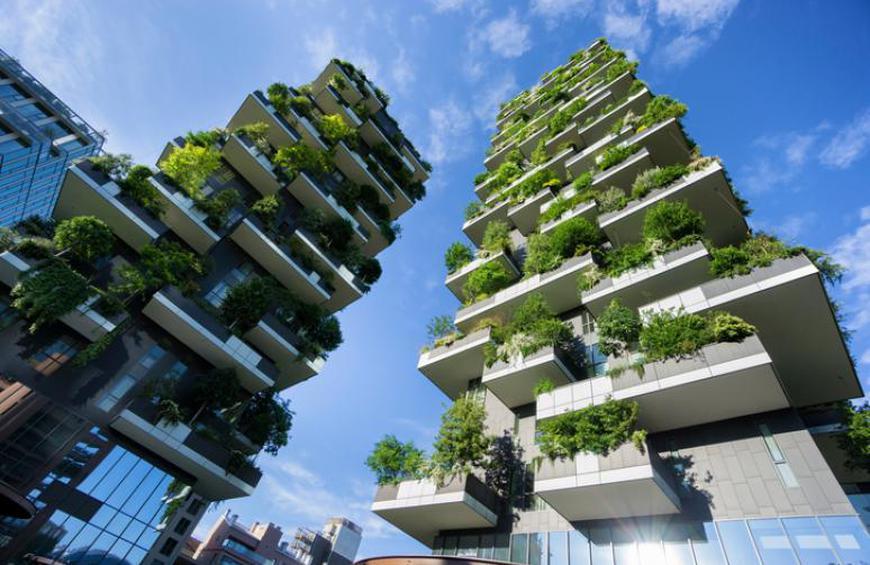The issue of waste disposal in Brazilian cities
The emergent issue of waste disposal in Brazilian cities: Cultural or Public Management Problem?
Sustainable Development & NGO (very)Short Bio: Information Centre Coordination at Global Forum 1992, Executive Director and Undersecretary of Public Investment at ADM City Development Agency – Niteroi, Rio de Janeiro, Head Coordination at FORDES RIO – The Rio de Janeiro State Development Forum; Former Acting Regional Director ICLEI-LACS (implementation of Global Campaigns: The CCP/ Cities for Climate Protection, The LALA21 Local Agenda and The Water Campaign; Rio+10 South Africa WSSD LAC Municipalities Group Attendance Coordination Group 2002), Urban Management and Sustainable Development GUDS International Program Graduate/ UN ECLAC - World Bank - UN Habitat at Universidad Ibero Americana, Santo Domingo – Dominican Republic 2001), Former National Director at ChildFund International Brazil 2006 (Design and Implementation of Human Sustainable Development Program PDHS in Semiarid Region, Presented the CCF Voices of Children on Poverty in Brazil at Washington DC Conference), GWU-CAF-FGV International Public Governance Program Brazil 2016, CoalitionWild International Mentorship Program 2020-21, WildHub Member 2020. National Award in Child Education by Foundation Abrinq 2004, The Operation Smiles Award, and 3 x awarded with The Bem Eficiente – Well Efficient National Prize in NGO Transparent and Effective Management by Kanitz Institute, Brazil. Certifications in FR, Social Project Management, Logical Framework held in Brazil and abroad.
At first glance, the tendency is to imagine that we are NOT dealing very well with this problem in Brazil. After all, we are a country of continental dimensions - about 8,516 million km², and with more than 220 million inhabitants, accommodated in 5,570 municipalities plus the DC.
But just a short visit within the urban central areas (or the spatial center of rural areas) will be enough to highlight that the current stage is of a red alert: What are we doing with our waste?
The idea addresses this old and urgent problem as per the World Bank, which associates environmental education, with aspects of urban, social and economic planning. And it is exactly the result that tends to worry us. Brazil, due to its own geographical constitution, needs more than ever to be strategically aware of this issue.

When we are leaving for a quick observation tour in Brazilian cities, regardless of their size, it is already possible to observe in many points that - without a strong political will, the citizens' awareness and the search for a participatory solution as driven by some groups of Brazilian municipalities, the problem may go from a flag alerting to an imminent danger.
Not long ago, the country signed a law forcing municipal administrations to deactivate the dumping of solid waste "in natura" in peripheral open areas of cities, commonly known in Portuguese as “lixões” (open city dumps), and to bound with the construction of modern sanitary waste disposal systems. Despite of the long time taken to comply with this federal legislation, only a small portion of Brazilian municipalities - despite the mandatory nature and the fines provided by IBAMA/ Brazilian Institute of Environment and Renewable Natural Resources, made a real progress towards implementing this model as a necessary for the advancement of our sustainability grade.

Nowadays, we find ourselves dependent on an archaic collection process, subsystems that are related to the infamous unregulated and open waste disposal dumps, where compactor trucks collect (usually two times per week) the solid waste produced in the cities – and sometimes transport it to a "transit" area, where they are later picked up by trucks from private companies - holders of huge and profitable income contracts and taken to another large dump (kindly called a sanitary landfill for some, but light years from this true).
And for those who do not know yet: Brazil is the leader in the production of solid waste in Latin America, and is already one of the largest producers of waste in the world, with a yearly amount that averages 79 million tons of solid waste – 5th greatest unregulated waste producer country, while compared to other OECD developed countries.
Depending on our characteristics - and our size, it will be necessary to work on alternatives that involve these three dimensions (government - education - society) and that can bring our cities to the level of integrated solutions such as school projects, the selective collection of recyclables, the installation of "citizenship plants" for social purposes, and even the reuse of organic solid waste itself for use as fertilizer (in a process known as composting), for example.


Solutions that, if do not end the problem of a huge and unfair inequality between the richest and the poorest – the large majority in the country, at least will help us to drastically reduce the environmental impacts of solid waste disposal in Brazilian cities, pointing to a north of responsibility for all committed with this issue - society and public administrators.
And we ALL must learn from them.


Need my contacts? Use the #FlowCode ABOVE :-)
*Linkedin profile at https://www.linkedin.com/in/jose-esteves-2a53127/ and feel free to connect by www.exponentialis.com.br
**An updated 2020 list of cities considered sustainable you can find in https://www.nationalgeographic.com/environment/urban-expeditions/green-buildings/sustainable-cities-graphic-urban-expeditions/
***Want to HIRE my experience? I will be MORE than happy to send you a CV/Resume!





Please sign in or register for FREE
If you are a registered user on WildHub, please sign in
Thank you for sharing Jose. I have also added a comment on your other related post The challenge of building sustainable cities in Brazil and again wondered if you had any updates or insights regarding waste disposal in Brazil, especially after two years of Covid.